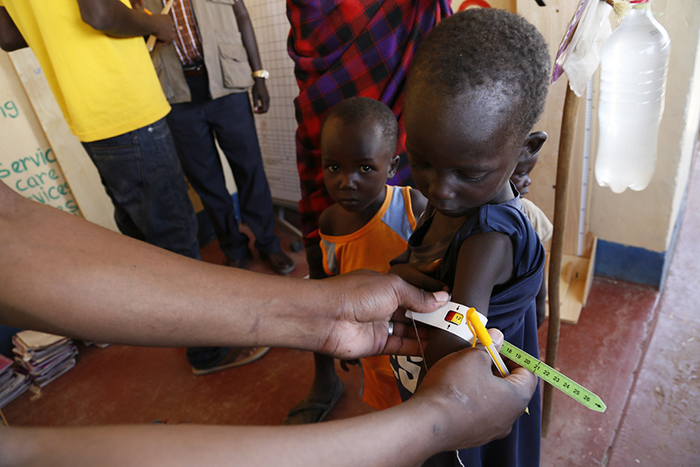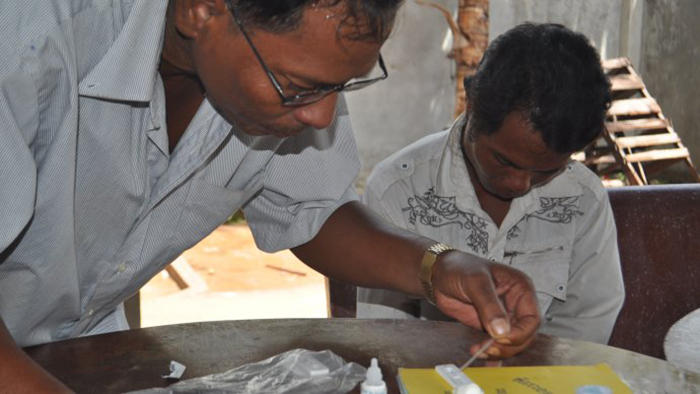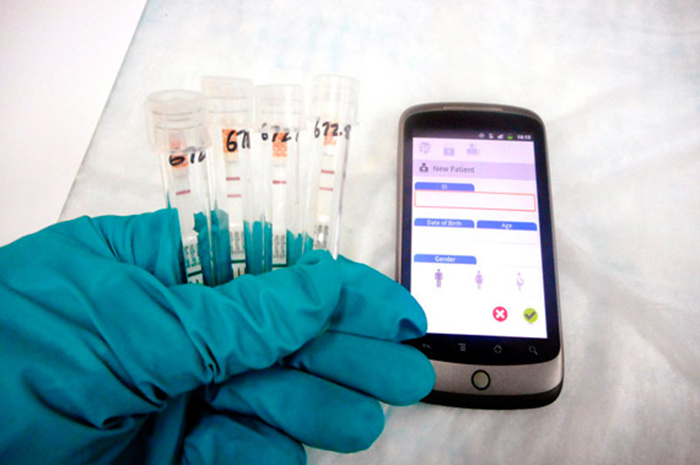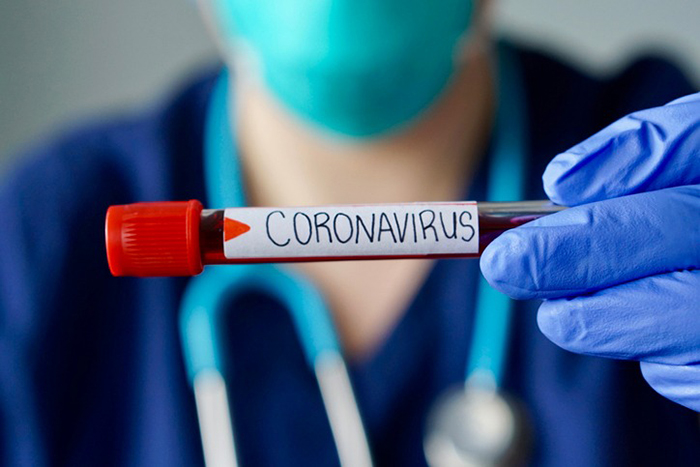Health is one of the biggest blessings on earth, and being healthy is one of the most fortunate things. We cannot ever replace good health with anything else. And it is something we realize gradually. The reality strikes us as soon as we get infected by a deadly virus or disease. We won’t need to go into lengthy details to comprehend this reality. We can understand it just by looking at the coronavirus patients and how they are living their lives.

If we look at impoverished states, neighborhoods, and countries, the situation is worse. In those places, the testing process itself is a considerable challenge. And it is typical for all diseases, let alone something as complicated as the coronavirus. There, people won’t just go up to a testing facility to get it done. They would face a lot of obstacles in doing so. These may depend on the availability of a facility, cost, quality, or nature of the test.
Due to these challenges, they sometimes opt out of it and don’t even go for the test. That poses a significant health risk for themselves and those around them. The solution to this lies only in offering quality tests to underprivileged societies and neighborhoods. Quality is what matters the most, especially in times of a pandemic. A healthcare facility should be supporting patient health. Given this, facilities like Primex Labs ensure superior quality in all areas of testing.

If you belong to an impoverished neighborhood or want to explore facilities to support one, you have come to the right place. We will detail out five low-cost devices for diagnosing diseases in impoverished countries. It will provide you with a clearer picture to reach-out to others for help. Let’s begin.
Ebola is a severe disease and still poses a threat to the impoverished countries and their dwellers. In 2015, a company named Corgenix came forward to suggest a way to deal with the disease. It created a device with the name of the Antigen Rapid Test. The specialty of the device was that it could test and detect the virus in just 15 minutes.

A research group at Harvard came forward the same year with a groundbreaking device. Available for just $25, the device could analyze blood samples. Moreover, it could inspect water quality. With the use of the device, you could quickly detect diabetes and malaria. A researcher using it could utilize it to see pollutants in water too. The tool could be useful in developing places where detection could be quite tricky. Instead of going to several locations, a patient could undergo testing in just one place.
Dengue has been a significant issue in developing countries, and many are still battling it. The prestigious MIT has reportedly been working on a device to detect the disease for as low as $5. What’s even better is the detecting time of the device, which is 10 minutes. Another aspect is the efficiency of detecting the virus, as it would take just a single drop of blood to spot it. It functions by seeing if a blood sample has a particular genetic material from one of the said diseases.

TB is another threatening disease that continues to pose a grave challenge to many people around the globe. To enable and provide a device in the developing countries where it may be rampant could be a huge success. Realizing this, American experts came forward with GeneXpert, a tool that could find the disease in just two hours. In terms of affordability, it’s relatively more expensive than the previous ones. Nonetheless, it continued to thrive and be impactful. It can get gauged because some 10 million cartridges got approved for South Africa in 2015.
Could you imagine using a device that tells about a deadly disease for just $1? A student at Harvard put forth a simple tool, based on blood centrifuging, to spot the virus. It could well detect the Sickle Cell Disease in 10 minutes. If we look at the US estimates, the death ratio due to the virus is one percent. Whereas in Africa, the average rate of deaths due to it could go up to 70 percent. In terms of cost, it takes just 50 cents for one test. What’s more? It could easily find its way into a simple backpack.

The world is going through a difficult time due to coronavirus pandemic. But the fact of the matter is developing countries have been battling other diseases way before the said outbreak. They face the challenges of poverty, financial instability, illiteracy, and lack of awareness as they continue to tackle diseases. In this scenario, it is essential to look for devices that are low-cost and efficient. The world needs a collective effort to overcome the growing challenge.
Be the first to post comment!